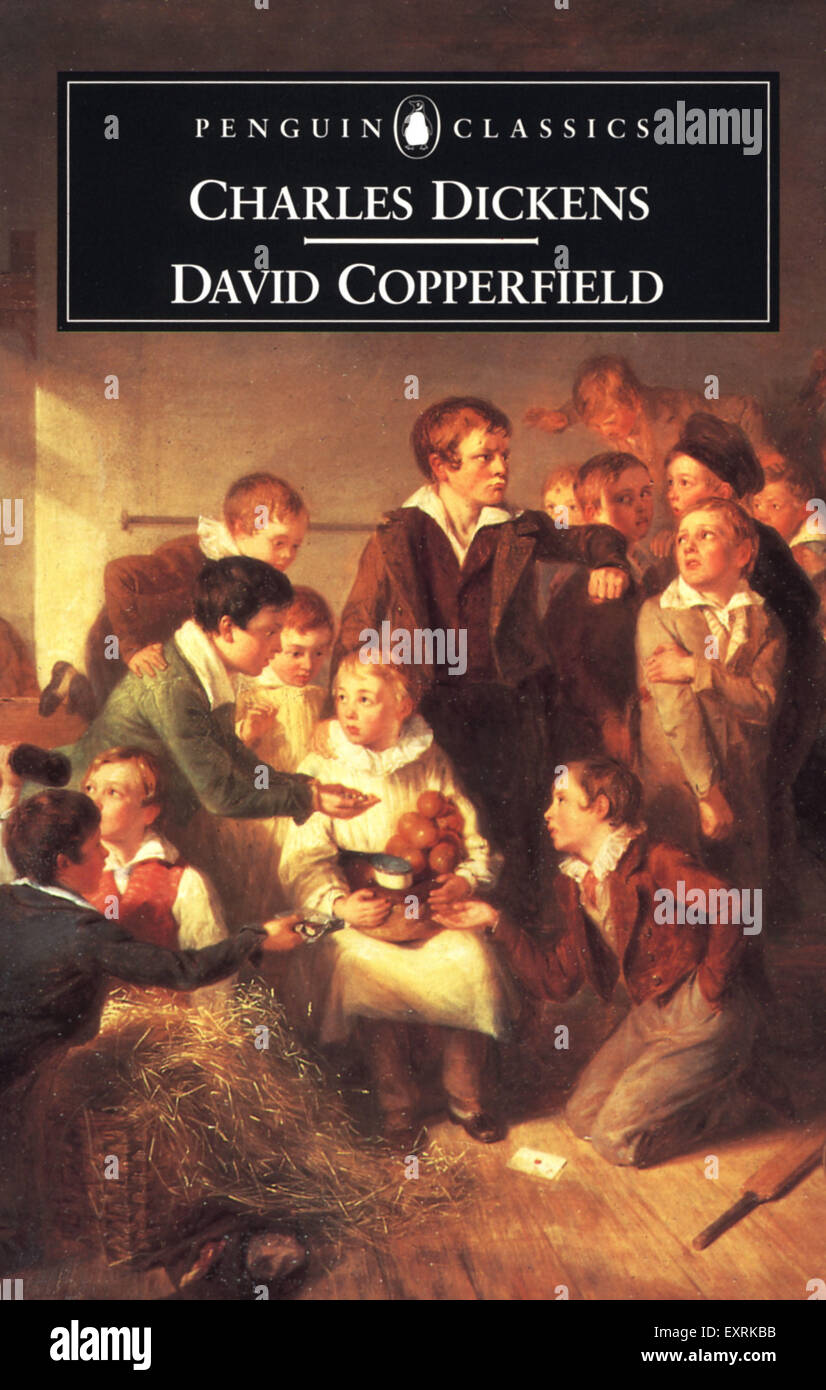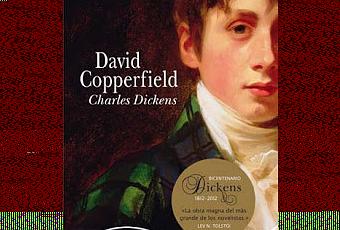


I started by rereading “ A Tale of Two Cities“, which didn’t impress me as much as Great Expectations as it lacked the humour that characterises Dickens’ work. In the past few years I’ve set myself the task of reading through all of Dickens’ novels. I was in my thirties when I picked up “ Great Expectations” and I loved it. My next encounter with Dickens was at school in my teenage years, when we had to read “ A Tale of Two Cities“, this put me off Dickens for a very long time, not because of the story but because of the way literature was taught in school, destroying the magic of reading. I remember little else of the story from that time. I also remember the fawning obsequious character of Uriah Heap and Barkus telling David to pass a message on to his nurse, Peggoty, that “Barkus is willing”. I remember Arthur Lowe’s tremendous performance as Mr Micawber. My first impression of Charles Dickens came with a BBC TV adaptation of David Copperfield back in 1974, my parents watched it and I caught a couple of the six episodes.

And his name is David Copperfield.“ David Copperfield is Dickens’ eighth novel and, coincidentally, the eighth of his novels that I have read, but I haven’t been reading them in chronological order. In the preface to the 1867 edition of David Copperfield, after he’d finished all the novels he was going to finish, Dickens wrote, “ like many fond parents, I have in my heart of hearts a favourite child.


 0 kommentar(er)
0 kommentar(er)
